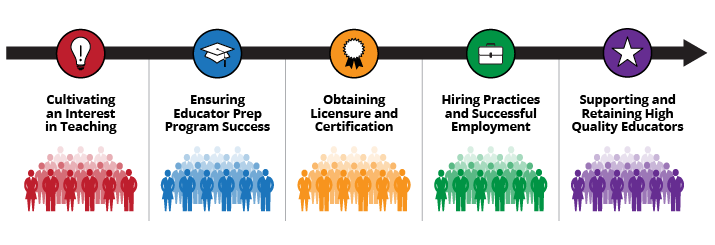EdKnowledge - A Collection of Strategies and Resources for Building a Diverse Educator Workforce
In 2015, the Connecticut State Board of Education (SBE) released a Five-Year Comprehensive Plan: Ensuring Equity and Excellence for All Connecticut Students 2016-2021. Where equity is the mindset, equality is the result. All of our children, regardless of their life circumstances, deserve an excellent education that helps them to reach high standards of performance. The promise of an excellent public education is to equip every child, regardless of gender, race, ethnicity, family wealth, zip code, or disability status with the knowledge and skills to succeed in college, career, and civic life. To deliver on this promise, the Connecticut State Department of Education (CSDE) will provide guidance and leadership to districts so they can support great schools where great teachers and leaders thrive and hold high expectations for all students. More specifically, this means:
1) Ensuring that each and every student's non-academic needs are met so they are healthy, happy and ready to learn;
2) Supporting schools and districts in staying on target with established learning goals while ensuring a safe, diverse, and welcoming learning environment where students will thrive;
3) Giving each and every student access to great teachers and leaders who are supported throughout their careers with quality professional learning that continues to grow and refine practice.
This five-year plan represents the SBE's commitment to support local public school district's efforts to provide a superior education in an outstanding school for every child in our state. In alignment with this vision is the priority to build an educator workforce that reflects the racial, ethnic, and linguistic diversity of its students. Statewide, 8.7% of Connecticut's educators have identified as Black, Hispanic, Asian, Pacific Islander, Native American, or Multi-Racial compared with 46% of Connecticut’s student population. Although research supports that Black, Hispanic, and American Indian students would be the greatest beneficiaries of a diverse educator workforce, there is evidence that ALL students, and our democracy at large, would benefit from a teaching force that reflects the full diversity of the U.S. population (Shanker Institute, 2015).
To support the SBE's Five-Year Plan to recruit, develop, and retain a highly-effective, diverse workforce and address and diminish the statewide gap between educators and students of color, the CSDE in collaboration with the Center for Public Research and Leadership (CPRL) at Columbia Law School, engaged in a project to illustrate promising practices and locate models of success across five critical stages of the educator career continuum:
- Cultivating an Interest in Teaching
- Ensuring Educator Preparation Program Success
- Obtaining Licensure and Certification
- Hiring Practices and Successful Employment
- Supporting and Retaining High Quality Educators

EdKnowledge is intended to be a living digital resource that will be updated to reflect current research and practice at both the national and state levels. The goal is to grow the resource to be more inclusive of statewide promising practices and models of success to be shared and replicated across Connecticut. The CSDE encourages our local school districts, charter schools, approved private special education programs, and partner organizations throughout the state to submit models of success that can be shared here to reach a wider audience and gather greater support.
Simply click on the link at the bottom of this page to complete a short description of your program for submission. We look forward to expanding the resources available across the continuum.
EdKnowledge includes strategies for Educator Preparation Programs (EPPs) to support aspiring educators through enrollment, successful completion and certification. Local Education Agencies (LEAs) will find strategies to attract potential educators to the profession, as well as specific supports for the development and retention of in-service educators of color.
Each stage of the career continuum is organized for easy access to relevant information:
- Promising Practices
- Relevant References
- State and National Spotlights
Links to specific programs, journal articles, position papers, editorials, personal testimonies, and more are included within each stage of the career continuum to broaden understanding and/or prompt discussions among professional colleagues.
We are accepting submissions of spotlights and best practices via an online form »
